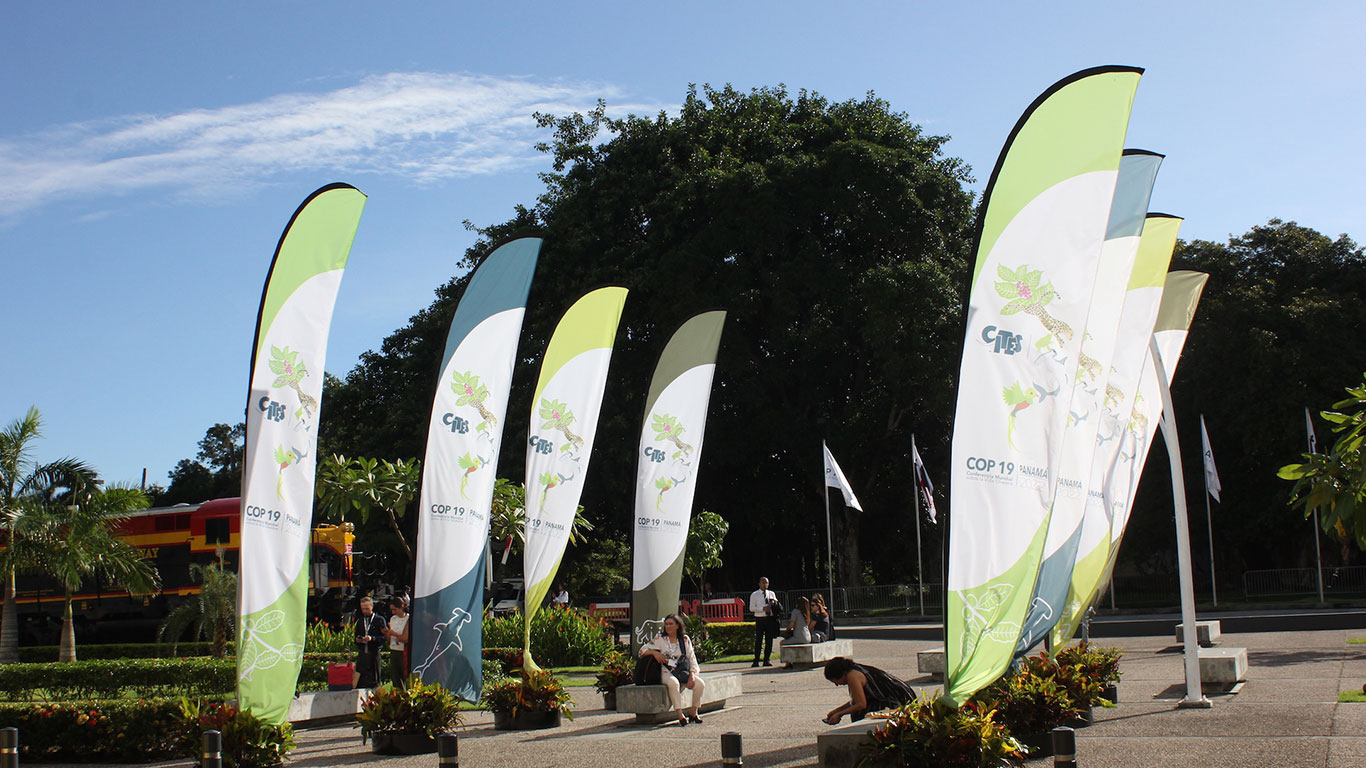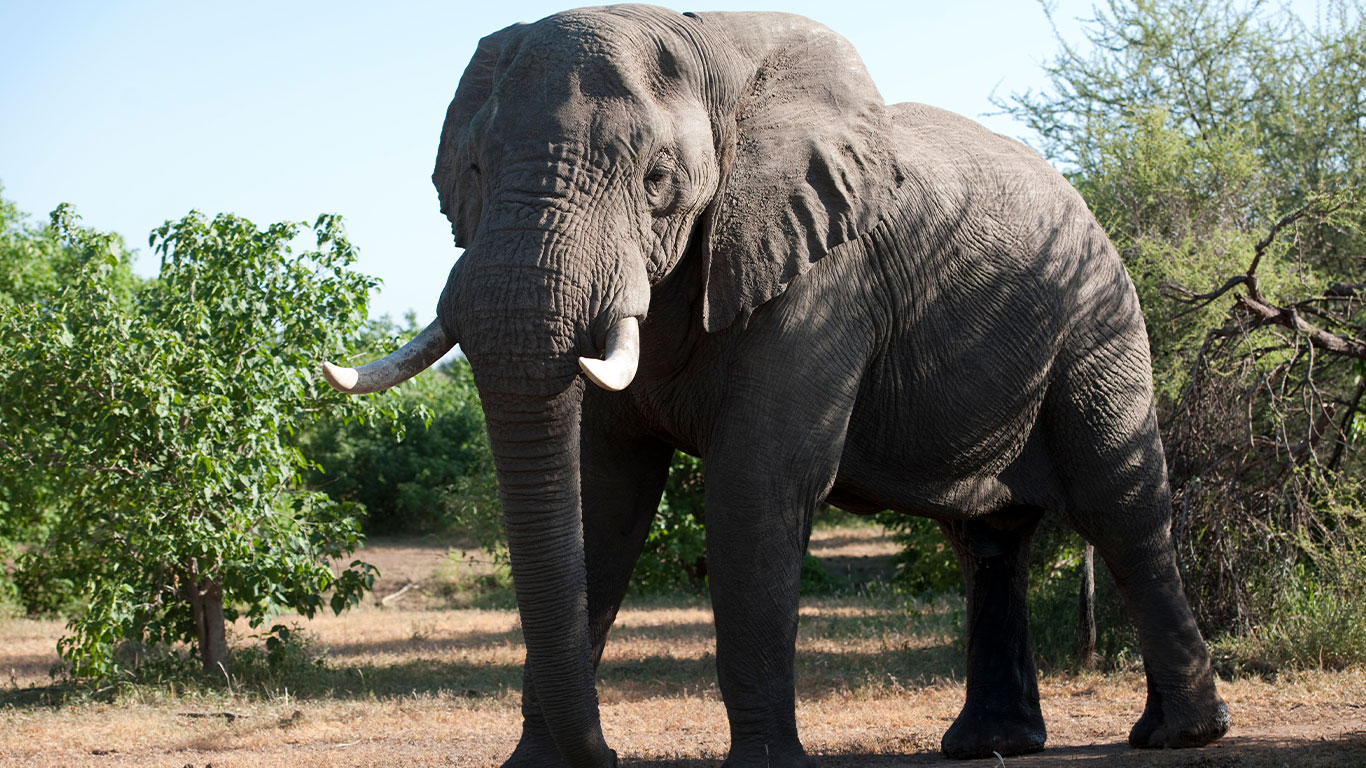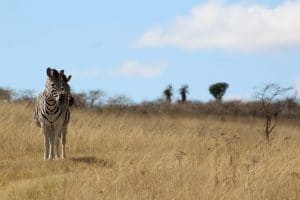The European Union’s Action Plan Against Wildlife Trafficking is being
Undermined by Populist Anti-hunting Campaigns
By Resource Africa
When it comes to wildlife trade legislation and policy, it seems that the Member
States of the European Union (EU) do not align with the EU itself. Meanwhile, the
European Parliament appears to be unhappy with the European Commission being
guided by science and global conservation agreements. From an African point of
view, one can only wonder at how easily evidence-based EU policy can be swept
away by populist politics.
A prime example of this is the EU’s recently launched revised Action Plan Against
Wildlife Trafficking. In line with global agreements and international research
findings, it affirms the role of sustainable, legal use in conserving biodiversity and
providing livelihoods for rural communities. Yet Members of the European
Parliament (MEPs) and politicians in EU Member States appear to be unaware of the
reasoning behind EU Policies.
The Action Plan is cognisant of the Convention on Biological Diversity (CBD) and
the Convention on the Illegal Trade in Endangered Species of Wild Fauna and Flora
(CITES), and quotes findings from the Intergovernmental Science-Policy Platform on
Biodiversity and Ecosystem Services (IPBES) study on sustainable use of wildlife.
These key conventions and studies are important to take into account when crafting
suitable policies and plans to tackle illegal wildlife trade.
Unfortunately, it seems that some MEPs, or politicians of EU Member States,
disagree. This disagreement is especially clear on the misunderstood and unpopular
topic of trophy hunting, which the Action Plan correctly frames within the broader
category of sustainable use:
“These legal and sustainable forms of income include nature-based tourism,
well-managed trophy hunting, and sustainable trade in wildlife. Well-
managed trade in wildlife can actively benefit species conservation, creating
incentives for local communities to protect wildlife resources in their
environment, while making a sufficient and sustainable living.” EU Action
Plan.
The more detailed part of the Action Plan is introduced with another statement that
lines up with global agreements and scientific research:
Several objectives within the Action Plan support the role of communities in
conservation, particularly through Community-based Natural Resource Management
(CBNRM). The substantial EU NaturAfrica funding aimed at supporting large
conservation landscapes is similarly supportive of community conservation.
In relation to trophy hunting, the Action Plan seeks to increase the scrutiny of hunting
trophy imports into the EU, collect scientific evidence for its role in conservation, and
improve transparency around decisions to allow trophy imports. The EU already
subjects trophy imports to greater scrutiny than required by CITES, which involves
detailed non-detrimental findings to be drawn up by source countries.
CITES is one of the global multilateral agreements that
support the sustainable use of wildlife.While increased funding for more research on trophy hunting would be welcomed,
creating extra bureaucratic hurdles to jump through before import permits are granted
is unfair for countries in Southern Africa. Available evidence already indicates that
these countries are conserving ‘megafauna’ (large mammals) more successfully than
European countries, despite the high costs of living with African wildlife. It is unclear
from the Action Plan how increased scrutiny is going to either improve conservation
efforts or reduce the costs incurred by rural communities. Efforts to tackle wildlife trade in the past have frequently framed local communities
as passive onlookers, victims, or even criminals. While there is still a long way to go,
the language in the EU Action Plan and throughout the CBD’s Kunming-Montreal
Global Biodiversity Framework makes a welcome change for the better. Communities can be active environmental defenders, respected partners in
conservation, and the eyes and ears of the law. Countries in Southern Africa that have
implemented CBNRM programmes have shown that bringing local communities to
the decision-making table can successfully fight wildlife crime.
All of the CBNRM programmes in this part of Africa use income from trophy hunting
to fund their activities. While photographic tourism contributes significantly in
locations that are particularly suited to tourism activities, hunting is often the only
source of income for community conservation. Current EU policies allow hunting
imports from hunting operations that support conservation, thus providing a
sustainable source of income for CBNRM.
With such a strict EU policy in place is there any further need for EU Member States
to clamp down on hunting trophy imports? Can the blanket bans on hunting trophy
imports proposed like the laws introduced in Belgium and the Netherlands achieve
anything more for conservation, or are they counter-productive?
Blanket trophy import bans overlook the role of local communities and do not
consider cases where hunting is a significant contributor to community conservation
initiatives. It seems that the progressive language in multi-lateral environmental
agreements and raised African voices seem to have fallen on deaf ears among
politicians in Europe.

Rural Africans cannot be ignored in decisions that
involve African wildlife.The European Commission has come under increased pressure from MEPs in
Parliament to ban the importation of hunting trophies from species listed on CITES,
ignoring the strict policies already in place and the valid reasons for allowing trophy
imports. There is clearly an urgent need for European politicians to visit Southern
Africa and learn more about how hunting contributes to conservation efforts. Since
many of these politicians are part of “Green Parties” in their countries, they should at
least be open to listening to conservation successes in Africa.Multi-lateral agreements such as CITES and CBD provide an opportunity for the
world to discuss environmental matters of global concern and decide on the best way
forward. Yet such agreements will not help if national or EU policies are enacted that
contradict the objectives and resolutions taken at the global level, particularly by
undermining the principle of sustainable use that features strongly in CBD and
CITES. Rather than lobbying for unilateral import bans or creating extra administrative
burdens on trade, politicians should seek to learn how conservation works in different
parts of the world. If we are going to successfully tackle illegal wildlife trade, we
need a common understanding that encourages joint efforts between Africa and
Europe.



